 "This young boy Mourteza died fighting . He was 14 years old"
"This young boy Mourteza died fighting . He was 14 years old"Mir Hossein Mousavi. Was this man instrumental in sending thousands of iranian children to their death during the Iran-Iraq war? Should he be designated a war criminal like the rest of the religious government of the day?
HumanWave Attacks in the Iran-Iraq War
The Iran Iraq confilct spawned a particularly gruesome variant of the "Human Wave" attack. The Iranian clergy rejected professional military doctrine because they felt that God endorsed their struggle. This could also have been because they had no professional military training and a lack of modern weapons. Pasdaran forces and Basij volunteers as young as 9 years old were used to sweep over over minefields and entrenched positions developed by the more professional Iraqi military opposition. The Iranians lacked the equipment to breach Iraqi minefields and were not willing to risk their small tank force. Therefore unarmed human-wave tatics, often involving children who were apparently considered expendable, were employed. One East European journalist reports seeing "tens of thousands of children, roped together in groups of about 20 to prevent the faint-hearted from deserting, make such an attack." It has been suggested that girls were more commonly used for frontline mine clearance, and boys for unarmed "assaults". The children were reportedly issued with a special "Paradise Key" as a symbol of martyrdom by the Mullahs.
Reliable firsthand accounts of the use of children in human wave attacks are rare, but they do exist. Strangely, reports of these events are often attributed to an anonymous "Eastern European Journalist". However, a reliable firsthand account recently surfaced at the end of this unrelated article[1], by the respected technology journalist Robert Cringely
During the Iran-Iraq War, the Ayatollah Khomeini imported 500,000 small plastic keys from Taiwan. The trinkets were meant to be inspirational. After Iraq invaded in September 1980, it had quickly become clear that Iran's forces were no match for Saddam Hussein's professional, well-armed military. To compensate for their disadvantage, Khomeini sent Iranian children, some as young as twelve years old, to the front lines. There, they marched in formation across minefields toward the enemy, clearing a path with their bodies. Before every mission, one of the Taiwanese keys would be hung around each child's neck. It was supposed to open the gates to paradise for them.
At one point, however, the earthly gore became a matter of concern. "In the past," wrote the semi-official Iranian daily Ettelaatas the war raged on, "we had child-volunteers: 14-, 15-, and 16-year-olds. They went into the minefields. Their eyes saw nothing. Their ears heard nothing. And then, a few moments later, one saw clouds of dust. When the dust had settled again, there was nothing more to be seen of them. Somewhere, widely scattered in the landscape, there lay scraps of burnt flesh and pieces of bone." Such scenes would henceforth be avoided, Ettelaat assured its readers. "Before entering the minefields, the children [now] wrap themselves in blankets and they roll on the ground, so that their body parts stay together after the explosion of the mines and one can carry them to the graves..."
.It would be relevant to know who was prime minister of Iraq during the war. Was it the runner-up in this recent election?
Yes he was prime minister during the war. One edict was to deny drivers' licenses to women who did not wear appropriate clothes " Mousavi, as prime minister, announced that insufficiently covered women would be denied drivers licenses..
Mousavi became the 79th prime minister of Iran on 31 October 1981.[2], and remained the prime minister of Iran until 3 August 1989, for eight years.[5]
The conflicts between Mousavi, who belonged to the left wing of the Islamic Republic, with Ali Khamenei (the current leader of Iran), who belonged to the right wing of the Islamic Republic, continued during their eight years of shared governance.[5] However, an escalation in conflicts between the two led to Mousavi's resignation shortly after the end of the Iran-Iraq war in 1988.[5] As the prime minister, Mousavi had the full backing of Ruhollah Khomeini, the supreme leader, and he refused to accept his resignation. Mousavi is remembered as leading a government that did not tolerate dissent


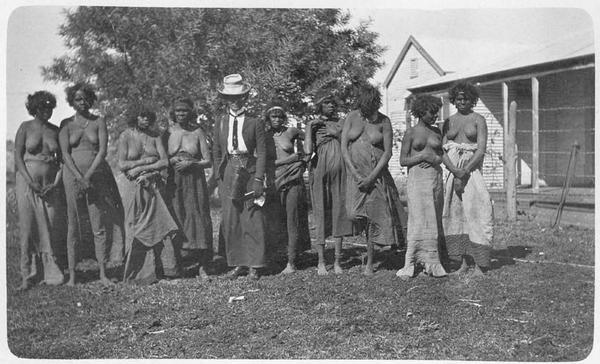






+copy.jpg)










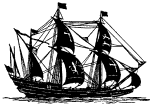





















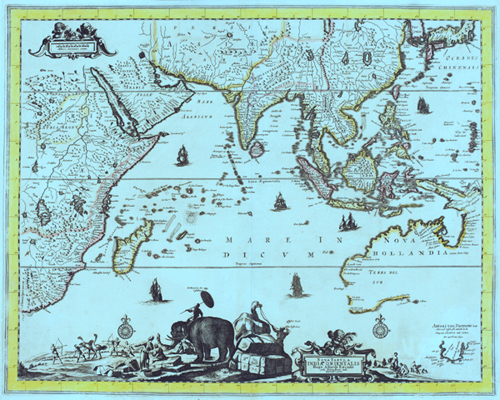

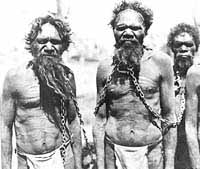
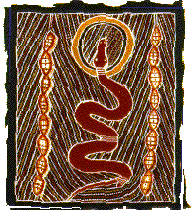


















.jpg)
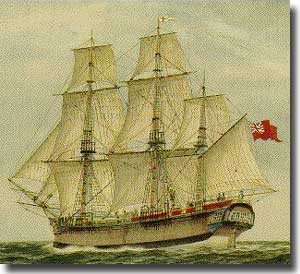





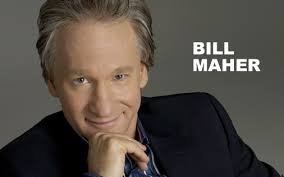



















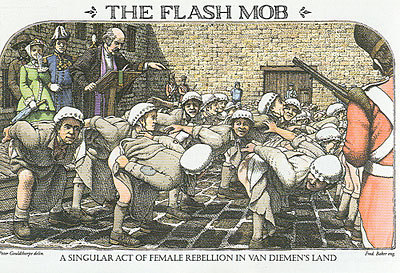
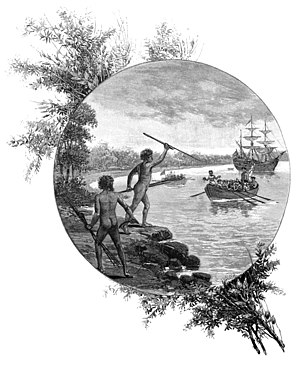 G
G







.jpg)
















No comments:
Post a Comment